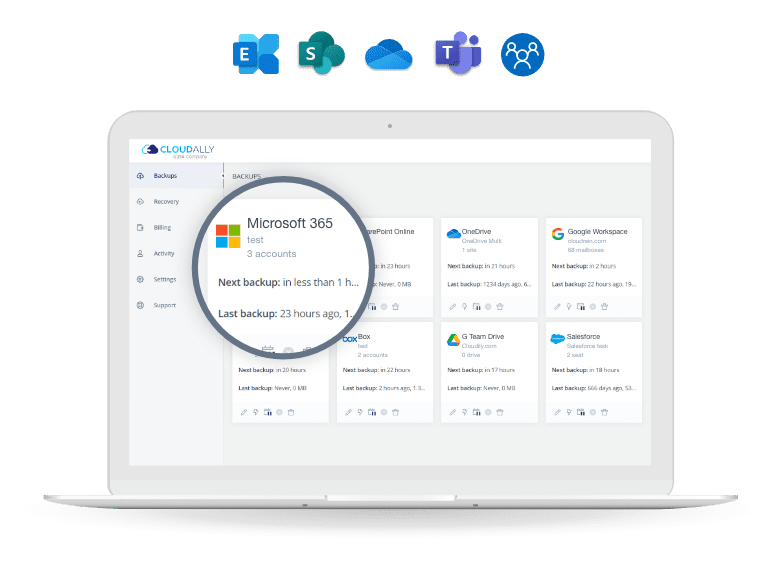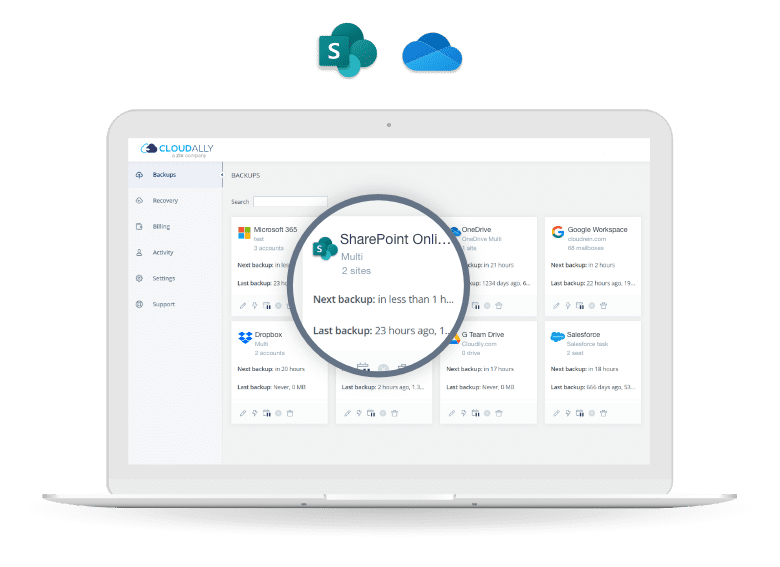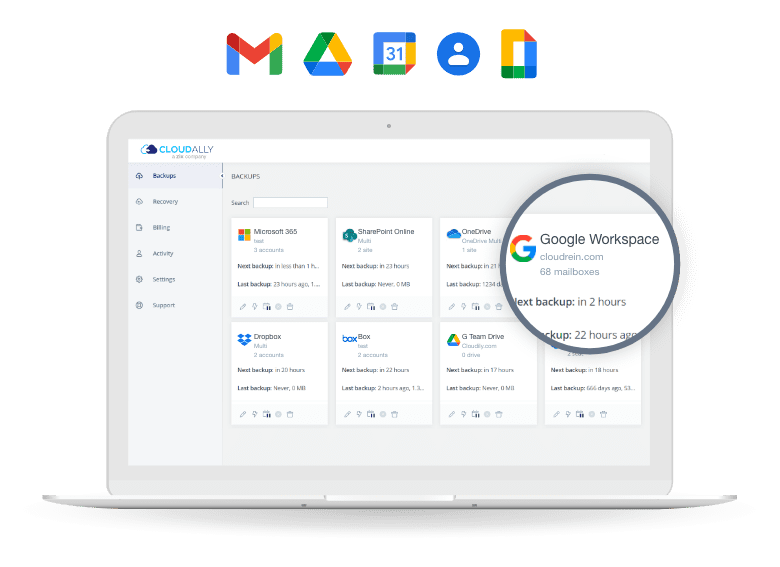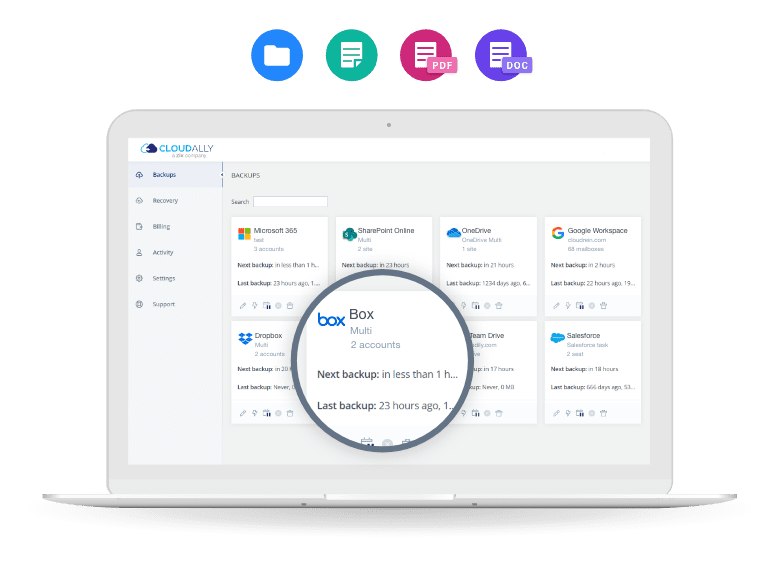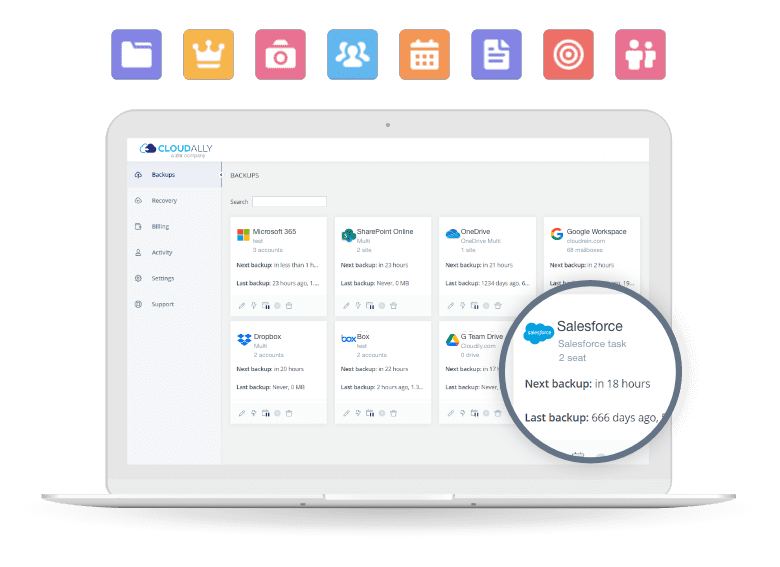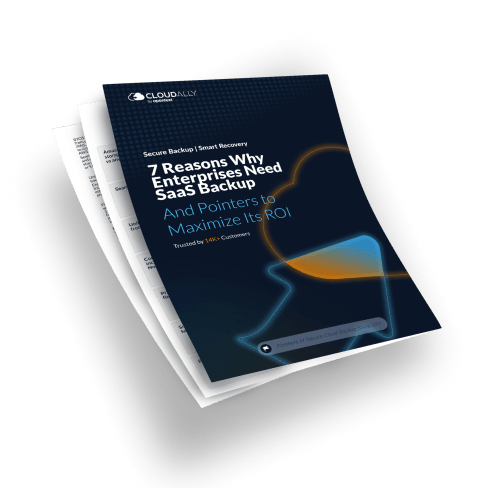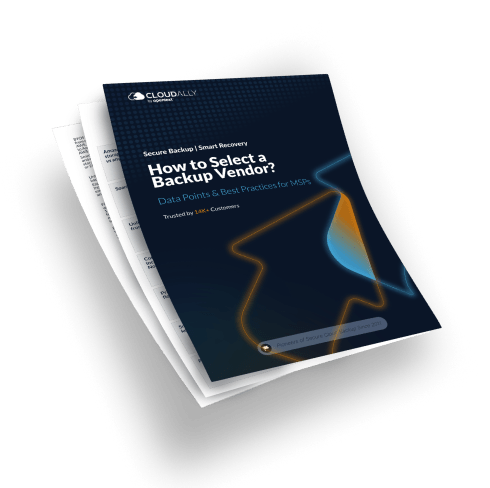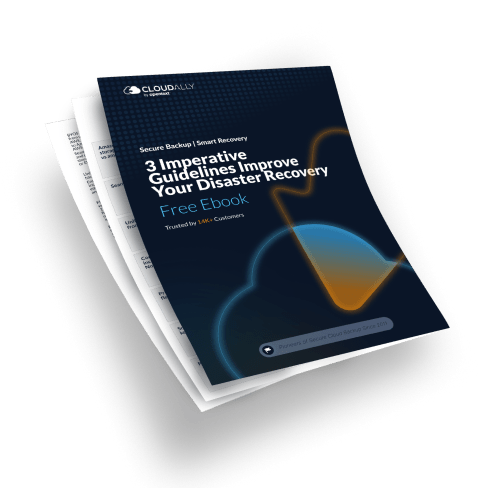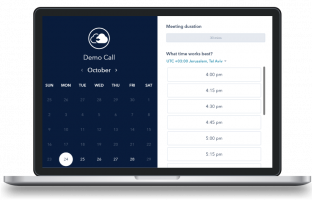Try our Interactive Product Tour 🚀

Backup Products - Overview
Select your SaaS Platform for more details
Automated daily backups for SharePoint Online and OneDrive including Team and Public Sites (including sub-sites), Private Site Collections, and OneDrive for Business sites. Non-destructive recovery to the original/new site.
Automated G Suite backup for all/selected users across all domains associated with your G Suite account. Our G Suite backup includes Mail, Drive, Shared Drives, Calendar, Contacts, Tasks and Chat. Auto-activate backups for new users. Easily export data to a local archive or use our non-destructive restore.
Our backup for Box, including metadata, for all/selected users within your organization. Else auto-detect and activate backups for new users to ensure data is backed up from day 1. Prefer a hands-on approach? CloudAlly makes it easy to manually add, delete and manage your users, and their data backup preferences.
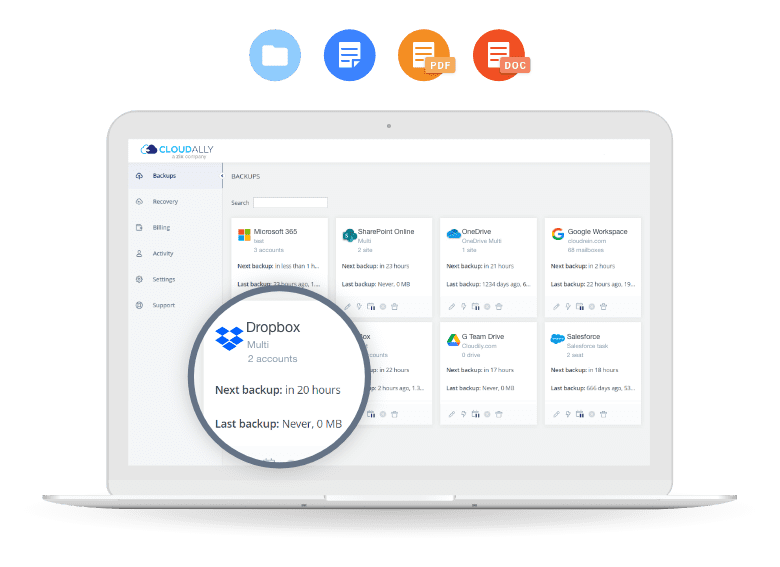
Comprehensive Dropox backup, including metadata, for all/selected users within your organization. Auto-detection of new users supported. Else manually add, delete and manage your users and their data backup preferences on Dropbox.
Supports all Salesforce editions (Contact Manager, Group, Professional, Enterprise, Performance, Unlimited, and Developer). Optimize data protection with Anomaly Detection, Sandbox Seeding, and Salesforce Data Comparison. Backup multiple Salesforce instances with a single CloudAlly account.
Our automated cloud backup software for business offers secure enterprise backup solutions, keeping your company’s valuable data safe, with an unlimited retention period.
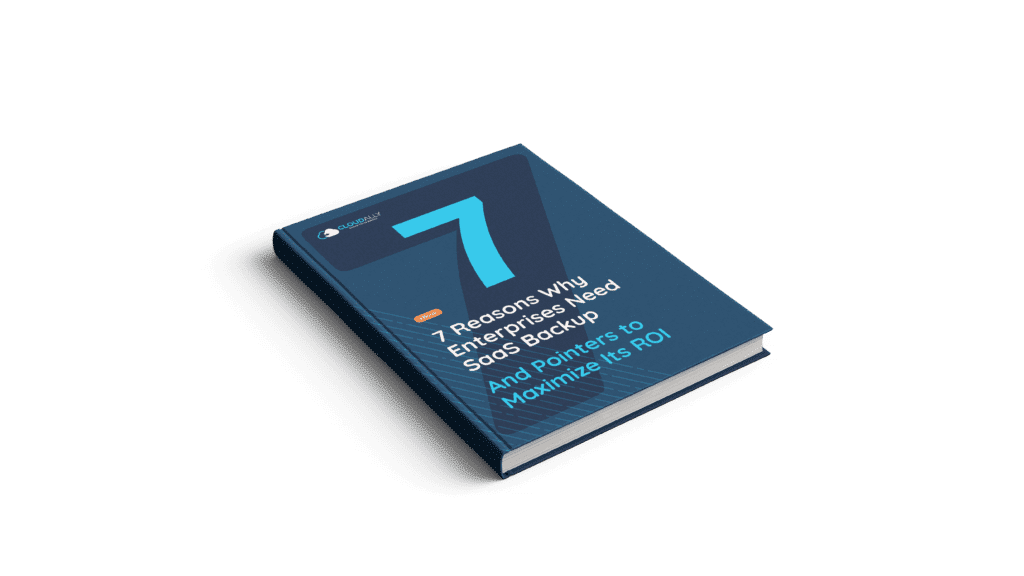
7 Reasons Why Enterprises Need SaaS Backup And Pointers to Maximize Its ROI.


The following are frequently asked questions about Cloud Backup and SaaS (Software as a Service) Backup:
Cloud backup, or online backup, is a method of backing up the data to a secondary unit, on a cloud server. If it so happens that your data is unavailable because of human error, accidents, malware, or sync error, it will be possible to recover it from the copy stored on the cloud backup. A common misconception is that SaaS applications such as Microsoft 365 and G Suite, do not require backup. However they are vulnerable to data loss. Cloud or SaaS backups can help recover your data from any point in time.
SaaS Cloud to cloud backup works using a format of copying the data into another 3rd party cloud server (CloudAlly AWS S3 or your own for enterprise clients who require it). To implement this, its necessary to operate backup software. CloudAlly automated backup, provides data protection, with a restore from any point in time, securing your data & business critical assets.
It’s easy to misunderstand the two topics; basically the difference is what the user, IT manager aims to achieve in the end.
- Cloud Storage: This is when the IT manager obtains cloud servers to store data, on the companies hard drives. The data maybe files, folders, and such.
- Cloud Backup This is when the IT manager uses cloud storage to backup applications in the organization, as a secondary copy in order to restore them when necessary.
SaaS backup is a type of third-party data backup. The objective for such a backup is to secure against the loss of data, so that a recovery can take place from any point in time. Furthermore, the retention period is unlimited where necessary to comply with regulatory needs. Since 2011 CloudAlly has pioneered SaaS backup for a multitude of cloud solutions such as Box, Dropbox, G Suite, Office 365, and Salesforce.com
The reasons to backup data are simple yet significant in keeping within a good IT operational structure:
- Malware attacks
- Software error
- Accidental deletion
- Malicious intent
- Human error
An established backup & recovery solution such as CloudAlly is vital to safeguard your company’s business critical data. Not backing up puts your organization at risk of data loss on a daily basis. The built-in retention period in the most SaaS platforms is time-bound and recovery is tedious. Having a secondary backup solution, protects your organization in a comprehensive way, and eases the IT managers responsibility to be able to restore the data when needed.
Simply put, the most important benefit of a backup and recovery solution such as CloudAlly is the expanded IT capability of quickly and easily restoring the organization critical business data, post an incident of data loss.
Backup and recovery solutions also offer many additional benefits to the organization such as:
- Business continuity
- Easy on/off-boarding the new employees
- Flexible Restore: Granular, cross-user and/or point-in-time data restore
- Regulatory & compliance standards, are met.
Learn more about why its needed to backup your SaaS solution.
Every organization needs a backup strategy planned with the IT administrators to safeguard business-critical data, and ensure that a restore can take place if a data loss incident occurs. It is a vital part of the overall business continuity plan, and includes identifying and listing what business data needs to have a backup, and how to protect it, with a guaranteed restore capability. Then, invest in a secure backup solution like CloudAlly. Finally, monitor the on-going backup of your SaaS solution with CloudAlly’s notification system.
CloudAlly recommends backing up your data once daily. Most organizations perform a daily backup which is considered an acceptable best practice. However let your organization’s IT function establishes a recovery point in time, and decide on the backup frequency accordingly..
Although lesser-known, newer types of backup have been introduced in recent years, the three main types of data backup are traditionally referred to as full, differential and incremental. While each has its pros and cons, the principle underlying each is fairly intuitive:
- Full backups involve creating a backup copy of an entire data set, regardless of any previous backups or circumstances.
- Differential backups are accomplished by copying only data that has been added or altered since the previous full backup.
- Incremental backups are similar to differential backups in that unaltered data is not copied. However, instead of going back to the previous full backup, only additions and alterations since the most recent incremental backup are copied.
Backup is generally classified in one of two ways: online, or offline. Exact definitions of each may vary, but the main differences between them are simple:
- Offline backup refers to data backup that is stored on-site and in a tangible state. Often this involves the use of external hard drives, USB drives or the like. For this reason, offline backup is also known as physical or local backup.
- Online backup refers to data backup that is stored off-site in a cloud storage environment. It is accomplished via internet connection and without the use of hardware. As such, online backup is also known as remote or cloud backup.


